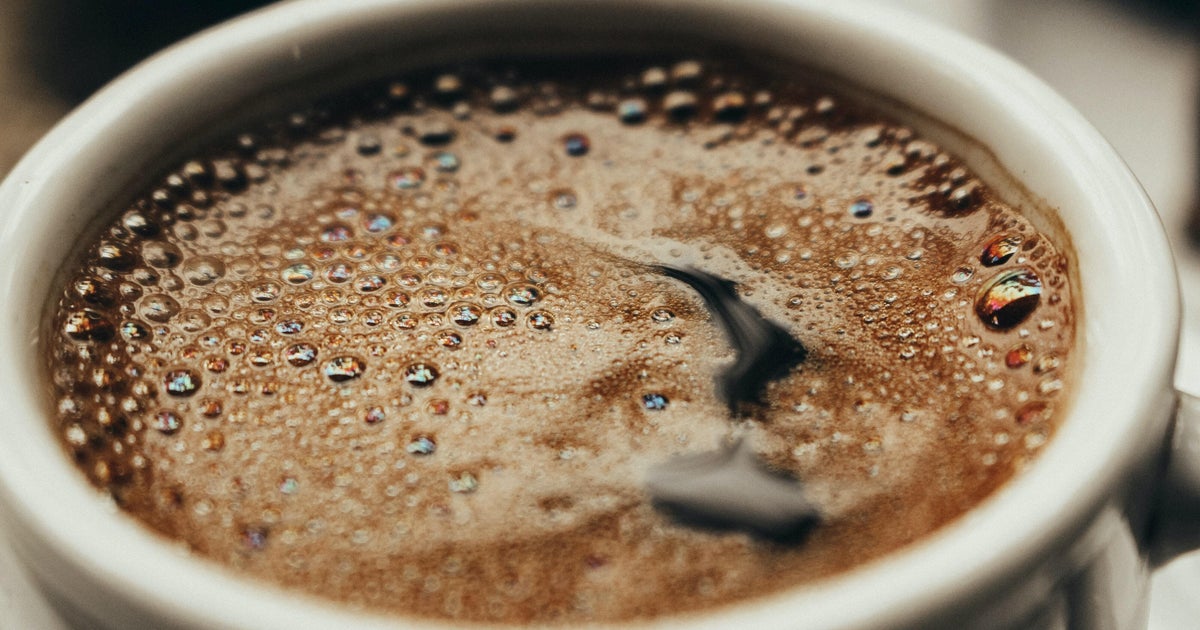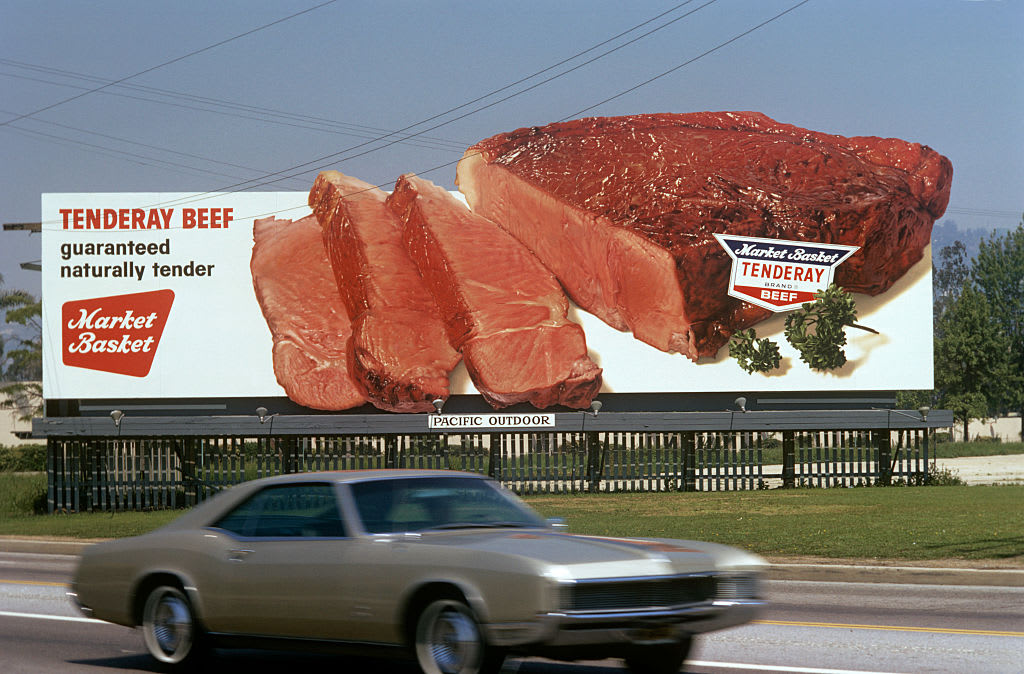Why calories count: 10 common myths busted
(CBS News) We know the way to lose weight is to cut pesky calories from our diet, but do we really know the skinny about the numbers we keep counting?
Nutrition experts Dr. Marion Nestle, Paulette Goddard Professor in the department of nutrition, food studies, and public health at New York University and Dr. Malden Nesheim, Professor Emeritus of nutritional sciences at Cornell University, delved into why calories matter in their new book, "Why Calories Count: From Science to Politics."
Can a person really burn a few hundred calories in mere minutes? What's really driving the obesity epidemic? With help from Nestle and Nesheim, here are calorie facts versus fiction...
1. Myth: Obesity epidemic caused by Americans being more inactive and less likely to burn calories
Then what's fueling America's obesity problem? Plenty of evidence indicates that people are eating more than ever before. Larger portions contain more calories. Just look at muffins, for example. They used to be the size of what are now considered mini-muffins. Those were about 200 calories a piece, but typical muffins today can be three times larger and contain up to 600 calories.
2. Myth: Not skipping breakfast helps you cut calories
Their advice? Do what works best for you. Unfortunately, there is no easy way to figure out a minimum daily calorie requirement to eat at any meal, and there are no special foods that have to be eaten at breakfast. Any foods that provide a balance of protein, fat and carbohydrates will do the trick. The variety of foods eaten throughout the world at breakfast is an indication of that diversity.
3. Myth: Spreading out calories by frequently snacking leads to weight loss
Eating small, frequent meals helps some people to maintain weight provided that the meals really are small. From the standpoint only of weight, what you eat doesn't matter. From the standpoint of satiety and health, what you eat matters a lot. It's always better to get plenty of vegetables and fruits into your diet whenever you eat.
4. Myth: You can burn 300 calories in 15 minutes
5. Myth: Some foods have "negative calories" because it takes lots of energy to digest them
Even though rumors say vegetables like celery give you negative calories, don't believe the hype.
6. Myth: Thinking burns off a lot of calories
7. Myth: People are obese because they don't take enough responsibility for what they eat
Everyone has to learn to manage this environment and some do it better than others.
8. Myth: If humans were to significantly restrict their caloric intake for most of their life they could increase their lifespan
Human studies show that mortality rates increase in people who are unusually thin. And most humans feel miserable when starved. Studies in the U.S. show that people who live the longest have body weights in ranges considered normal - BMIs of 18 to 25 or so.
9. Myth: Calories in alcohol don't count for weight gain
In about 1900, the scientist W.O. Atwater enraged the temperance movement by reporting that alcohol calories could replace those in food. Pure alcohol has about 75 percent as many calories as fat. As always, larger drinks have more calories than smaller ones.
10. Myth: Foods labeled as organic or with health claims have fewer calories
Alas, organic is about production methods, not calories.



